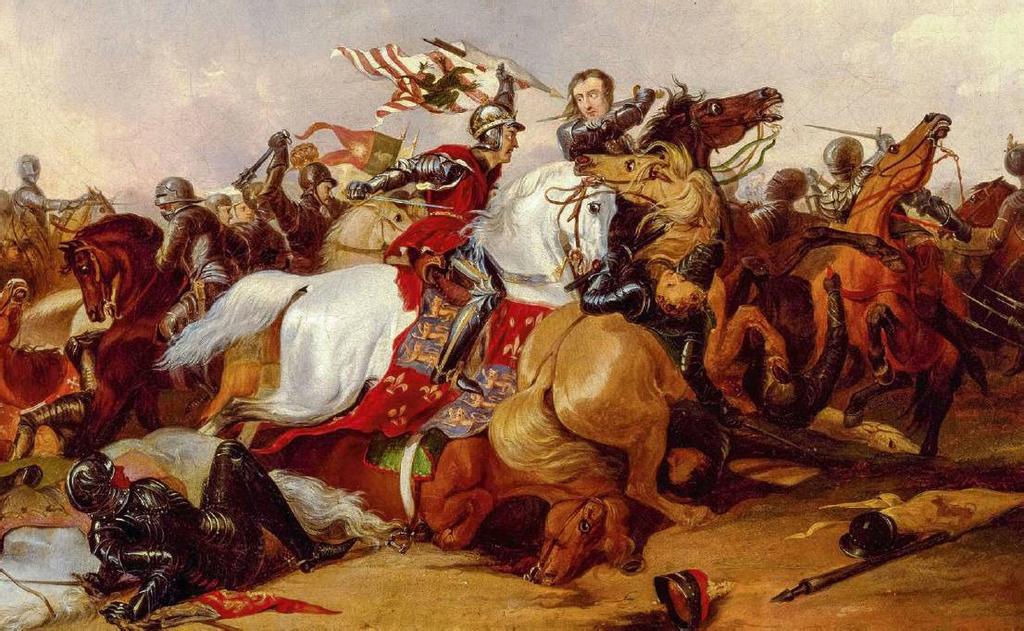WHAT IF... RICHARD III WON AT BOSWORTH?

Richard III had a clear advantage going into the battle of Bosworth Field on 22 August 1485. As king of England, he commanded an army two or three times the size of the ragtag Lancastrian force that sailed from France, he had brought more cannon, and he was a seasoned warrior. His enemy, a Lancastrian with a tenuous claim to the throne named Henry Tudor, had never seen battle. When Richard heard of Henry’s landing, he was overjoyed: he had a chance to crush this pretender once and for all.
“With the larger army, substantial ordnance and archery,(Yale, 2019). “Henry had to attack a strongly entrenched position.” Yet Richard famously lost the day, ending 331 years of Plantagenet rule and ushering in the Tudor dynasty, as key allies failed to join the fray and, in some cases, actually turned on their king and attacked his flank.
You’re reading a preview, subscribe to read more.
Start your free 30 days

